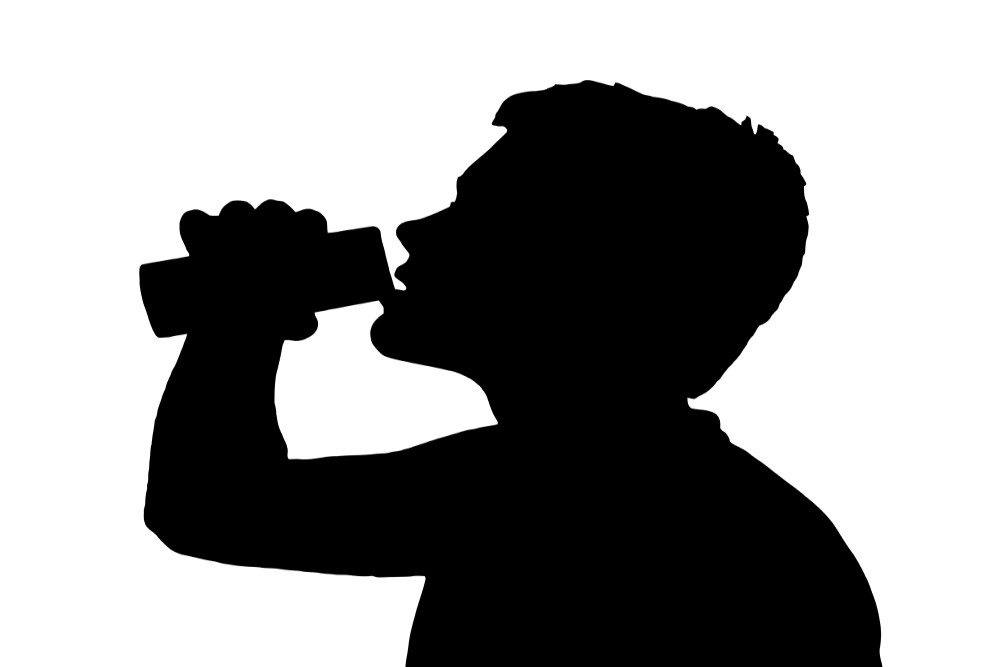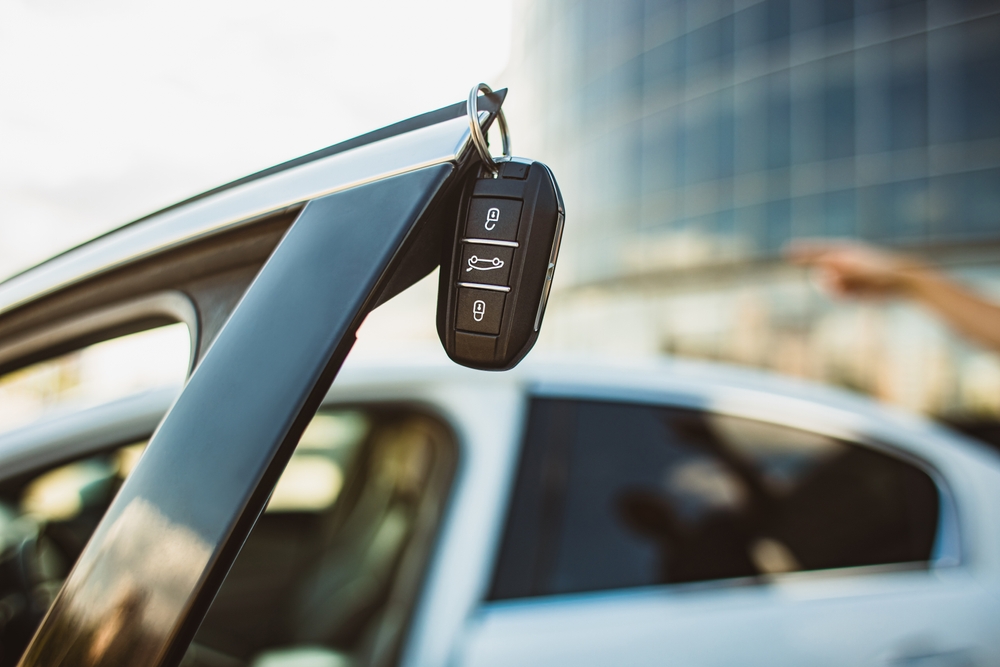How to Talk with Your Teen About Underage Drinking: Teenage Drinking Parenting Advice

As your child becomes an adolescent, your role as a parent shifts and brings the opportunity to develop a deeper bond based on mutual respect and understanding. And while they no longer need to hold your hand while crossing the street, they still need, and even want, your guidance and support.
One crucial time to step up as a parent is when you think — or know — that your teenager is using alcohol. This is a time to set healthy boundaries and help keep them safe in the future by doing so in a supporting way.
The good news is that the overwhelming majority of teens are open to talking with their parents about the dangers of underage drinking. According to the Talk it Out NC 2023 NC State of Underage Drinking survey, 93% of students believe that if their parents talked to them more about alcohol and the dangers of underage drinking, it would help to prevent it.
While it may feel like a challenging conversation, it also has the potential to strengthen your bond and build trust. Your instinct as a parent is to seek teenage drinking parenting advice shows that you care. Now, it’s time to show them you care.
Check In With Yourself
Parents seeking teenage drinking advice is never easy, but it’s important to take that first step. If you find out your teenager is drinking alcohol, your first instinct may be to confront them immediately, demand answers, and issue a harsh punishment. Resist this impulse and, instead, check in with yourself (and your spouse or co-parent). Notice what feelings or thoughts come up within you, such as anger or shock. These reactions are natural. Take some time to find a calm, quiet place to process these emotions; then start asking yourself questions like:
- Am I making healthy choices in my own life? From the time they’re born, children watch everything we do. Set positive examples for the young people in your life, including never getting behind the wheel after drinking alcohol or misusing alcohol as a coping mechanism.
- Is alcohol easily accessible in my home? According to our recent survey, 1 in 10 parents have caught their child drinking alcohol in the past year. This percentage was higher if they had alcohol in their home (14%) than no alcohol at home at all (4%). Survey results also showed that only 34% of parents keep their alcohol locked up at home. Consider keeping your alcohol in a safe place that isn’t easily accessible and tempting to adolescents.
- Do I make it easy for my child to talk to me about difficult subjects? Make sure your child knows they can count on you for guidance and reassurance anytime they have something on their mind. Ask questions that encourage your teen to talk to you openly and honestly about their experiences. Avoid making potentially false, presumptive accusations that could derail the conversation and push them away.
- Instead of a punishment for underage drinking, what consequences are appropriate? The words “punishment” and “consequences” are often used interchangeably, but they’re very different. A consequence comes after an action and is meant to be a teachable moment, such as a teen getting into a fender bender and then losing their keys until they pay off the cost of repairs. A punishment doesn’t hold the child accountable for their actions or give them the opportunity to correct their negative behavior. Set boundaries in your household and have a solid idea of what you consider reasonable consequences of underage drinking before talking to your child. Consider listening to their thoughts so you both agree on a consequence that’s fair.
- Could underage drinking have legal consequences? In North Carolina, it’s illegal for anyone under the age of 21 to attempt to buy or possess alcohol. It could lead to a fine, community service, and losing their driver’s license.
Ask Questions, Listen Actively, and Do Your Research
Approach your teenager in a comfortable, relaxed setting. Let them do most of the talking at first, and listen actively. Stay engaged and clarify points by asking open-ended questions. Try these for starters:
- “I heard you come in late last night, and it sounded like you were throwing up. Are you okay now? What happened?”
- “I came in to grab your laundry and saw a can of beer on the floor in your closet. Help me understand what’s going on.”
- “Your friend’s parents mentioned some concerns about teenage drinking parties in the community. Do you know anything about this?”
Your teen could react with defensiveness, embarrassment, or panic. Stay steady and remind them that it’s important that they be honest about what happened — this is their safety, health, and well-being at stake. It’s also vital that you get to the why behind their decision to drink alcohol. Try:
- What made you want to start drinking alcohol?
- Have you felt pressured to underage drink?
- What do you know about the risks of underage drinking?
Demonstrate empathy and care before asking for the who, what, when, and where. Your teen is more likely to communicate that crucial information when they’re not feeling defensive.
To help your teen understand the risks of alcohol misuse, visit the Facts page of our website for underage drinking statistics. Any information you can share with a young person will empower them to say no to underage drinking, including statistics about drinking and driving and legal consequences. North Carolina has a zero-tolerance policy for underage drinking and driving. A teen found to have any amount of alcohol in their system should never get behind the wheel of a car. Mention facts that you know will hit home for your child.
If an alcohol-related incident has personally affected you or your family, sharing that story — and acknowledging the lessons learned — could have a profound effect on your teenager. An important part of this conversation could also involve setting clear boundaries that encourage your teen to make better choices.
Discuss and Agree Upon the Consequences — Then Enforce Them
You’ve already brainstormed the consequences for underage drinking on your own. Now is the time to present them to your teen and come to a mutual agreement. Yes, they’ll probably try to negotiate with you — try to be flexible, but don’t budge on the important rules that are meant to keep them safe and accountable.
Allow your teen to contribute ideas for reasonable compromises on certain consequences. As long as the outcome is functionally the same — that your teen stays safe — that’s what matters in the long run. Hopefully, the discussions you’re having as a family will help your teen make the smart choice to avoid alcohol and unwanted consequences.
Continue the Conversation
Check in with your teen regularly about how life is going: ask about classes, extracurricular activities, and how their friends are. Prevention is ongoing, so keeping a “pulse” on your child’s everyday state can be as simple as having family dinners every weeknight — which could reduce their likelihood of underage drinking by 33%. If busy schedules make family dinners difficult to arrange, try striking up a conversation in the car when you’re on the way home from a sports practice or activity.
Once you’ve broken the ice, don’t let it refreeze! A talk this important could never be a one-time thing. We’ve got tons of tips on how to seamlessly work these conversations into everyday situations and much more teenage drinking parenting advice on our website and blog.
When your child engages in risky behaviors, and you intervene, you may not get a “thank you” right away. Help them build a safe, fulfilling, and empowered life — and let that be the ultimate gratification. For more information on how to talk to your teen, visit our website and Start the Conversation.



